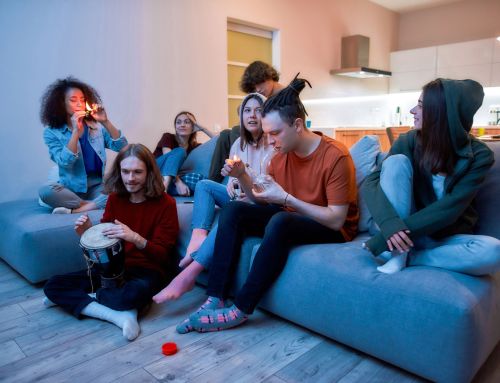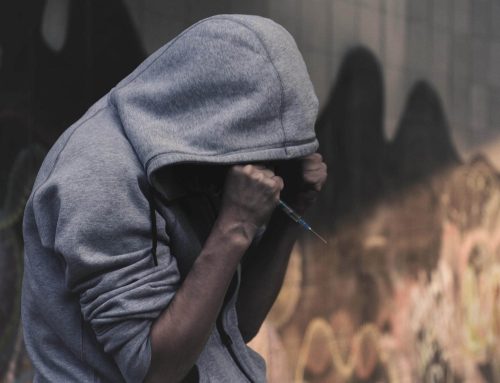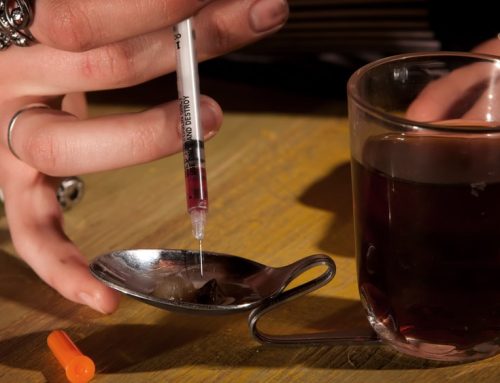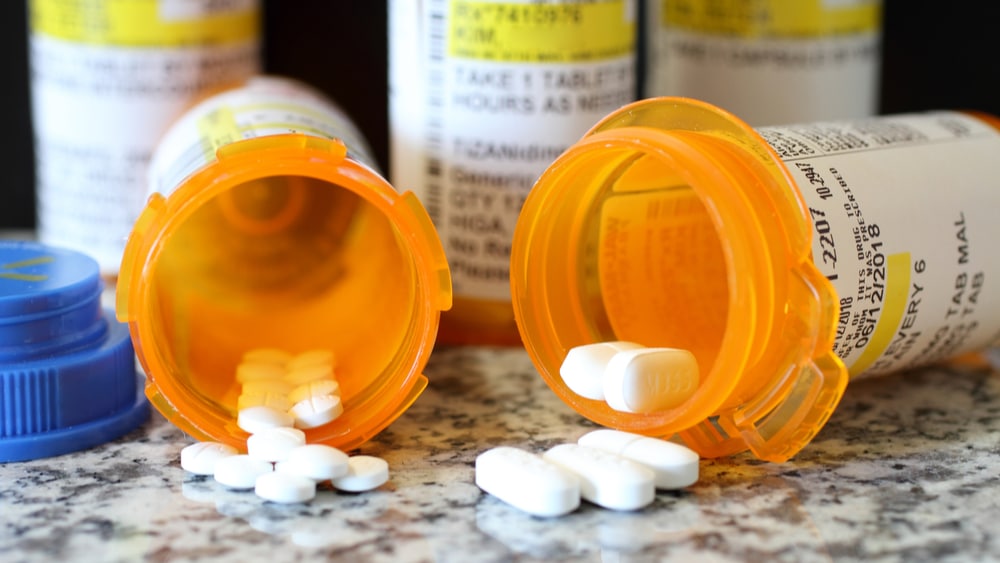
What is Vicodin?
Vicodin is the prescription brand name of the drugs hydrocodone and acetaminophen. Vicodin addiction is common in long term users.
It is used as a pain reliever for moderate to severe pain. Hydrocodone is a synthetic opioid, which activates the opioid receptors in the brain.
Acetaminophen is an over-the-counter analgesic, which can be found in
Tylenol for minor pain relief.
Vicodin contains 300mg to 325mg of acetaminophen and different dosages of hydrocodone—5 mg, 7.5 mg, and 10 mg.
Vicodin has a High Potential for Abuse
Vicodin has a high potential for abuse because of the euphoria produced when the opioid receptors are activated.
Many people find themselves becoming addicted, which is why the Drug
Enforcement Agency (DEA) deemed Vicodin a Schedule II controlled substance.
Vicodin abuse is dangerous for several reasons.
Consuming large amounts of acetaminophen can result in liver damage or failure.
Large amounts of hydrocodone can result in death.
However, many people continue to abuse Vicodin, which can then quickly turn to a lethal dependency.
Once you become dependent on Vicodin, you may find it difficult to stop.
Understanding Vicodin
Vicodin is an opioid, which provides pain relief for moderate to severe pains by binding to a receptor in your brain known as the mu-opioid receptor.
When this occurs, your brain interprets pain differently and also induces a feeling of euphoria.
This rewarding feeling is what many people seek, which leads them to abuse Vicodin.
The drug’s effects will typically occur within an hour after oral consumption and will last for around four hours.
You can easily become used to the feeling that Vicodin produces, which can lead to taking more of the drug than your recommended daily dosage.
Vicodin Addiction
Many people do not intend to abuse their medication, but its abuse has become a national issue.
This led to the Drug Enforcement Agency changing Vicodin from a Schedule III drug to a Schedule II drug.
However, many people continue to abuse the medication through illicit means. If you start to abuse your medication for the recreational effects, you may begin to develop the adverse symptoms of Vicodin abuse and dependency.
Your tolerance to the drug will increase, which will lead to using more to achieve the same desired effects. Vicodin addiction symptoms may eventually lead to physical, psychiatric, and personal damage.
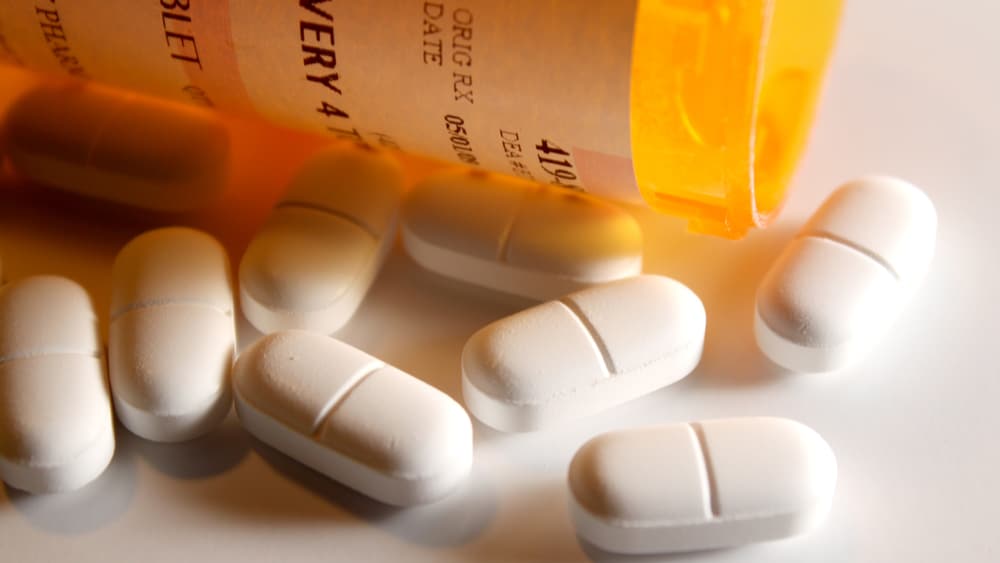
Effects of Vicodin Addiction and Dependency
The signs of Vicodin addiction will be evident as it leads to a downward spiral in many areas of your life.
Signs of Vicodin abuse include extreme drowsiness, nausea, vomiting, lightheadedness, slowed heart rate, slowed breathing, depression, anxiety, body aches, and cramps.
You may also experience a lack of motivation, loss of interest in hobbies, daily activities and/or socializing, a decline in personal appearance and hygiene, a decline in work performance, cognitive impairment, impaired coordination, and unusual risky behavior, such as driving under the influence of Vicodin.
This is not only a danger to yourself but others as well.
Abusing Vicodin over an extended period will lead to many other problems, such as:
- Obsessing over Vicodin use
- The desire to quit Vicodin but finding yourself unable to
- Craving Vicodin
- Ignoring responsibilities to use Vicodin
- Continued use of Vicodin despite issues it may cause
- High tolerance to Vicodin
- Withdrawals from not using Vicodin.
If you have a Vicodin addiction and attempt to quit using Vicodin, you may experience withdrawal symptoms, such as:
- Anxiety
- Runny nose
- Chills
- Muscle aches
- Sweating
- Insomnia
- Diarrhea
- Nausea
- Vomiting
- Cramps
- Bone pain
It is essential to seek professional help when attempting to withdraw from a Vicodin dependency. You may also develop serious physical issues with the extended use of Vicodin, such as:
- Liver damage or failure
- Kidney damage or failure
- Cardiovascular damage
- Brain damage.
Overdosing may lead to delirium, frequent vomiting, constricted pupils, loss of consciousness, slow and irregular breathing, respiratory arrest, and cold and clammy skin.
Mental Illness and Vicodin
Approximately 50% of people with mental illness will abuse drugs to cope with the emotional distress that comes with mental illness symptoms. This causes more problems than it solves because it is a palliative solution to relieve psychiatric disorders sympotoms.
It is also harmful to your overall mental and physical health. If you have a preexisting mental illness or illnesses, abusing Vicodin will exacerbate the symptoms of your mental illness. It is a serious risk to your long-term mental health and cognitive ability.
Extended Vicodin use has been known to cause mania, depressive episodes, anxiety disorders, and severe mood swings in people with and without mental illness.
People diagnosed with mental illness are more likely to develop these side effects than those who do not have a preexisting mental illness. If you experience Vicodin abuse and dependency symptoms, help is available for you. You are not alone.
Treatment for Vicodin Addiction and Dependency
Vicodin addiction and dependency can feel like a never-ending cycle from which it is difficult to break. But you can. The first step to treating your
Vicodin dependency is admitting to yourself that Vicodin has interfered with your ability to lead the life you want. This first step is a monumental and difficult one, but it is necessary to reclaim control over your life. You are not alone in this path to recovery.
Vicodin Addiction Treatment at North Jersey Recovery Center
At North Jersey Recovery Center, help is available for you at any time. Our highly trained staff is dedicated to helping you recover from dependency and to live your life freely.
There are several methods for treating Vicodin dependency and abuse. Every person is unique, which is why treatment will vary to tailor your needs. Our inpatient care is best to treat this dependency because our staff will ensure a safe and professional medical detoxification.
Medical detox may not be comfortable or pleasant, but our staff makes it our top priority to ensure your withdrawal symptoms are as tolerable as possible. We use only the best professional and comprehensive rehabilitation to safely cleanse the toxins from your body.
Once the drug has been cleared from your system, one-on-one therapy, as well as group therapy, will begin in an inpatient setting. With our inpatient care, you will take comfort in knowing that our highly trained staff and physicians are here to help you through the tough road out of addiction and into sobriety.
Inpatient addiction treatment includes effective psychological treatment, such as medical intervention (if necessary), group therapy, life-skills building exercises, art therapy, Cognitive Behavioral Therapy, support systems, social integration skills, and relapse prevention.
If you are struggling with a Vicodin dependency and abuse, please reach out to us today so that you can receive the help you deserve today.
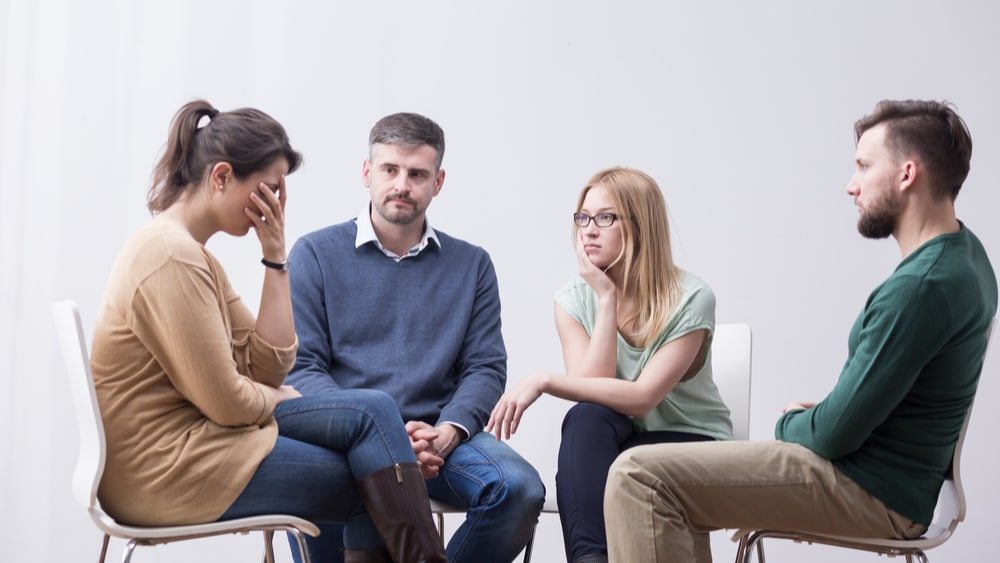
Payment for Treatment and Our Free Insurance Verification
Reaching out to be free from dependency is the greatest decision you can make for your future.
Do not let your situation prevent you from contacting our recovery center.
Our pricing information for all our treatment options is always honest and accurate.
We offer free insurance verification. Call us today to see if you qualify.
Call Us Today
Please make the call today to receive the help you deserve.
North Jersey Recovery Center is here to provide you with the utmost professional and effective treatment.
Our caring team is dedicated to helping you break free from dependency.
Our recovery center understands and respects privacy.
With our location just outside Manhattan, you can receive treatment outside of the city.
Contact North Jersey Recovery Center today and begin living your life again.


